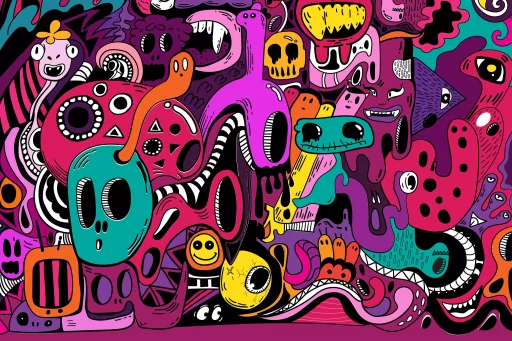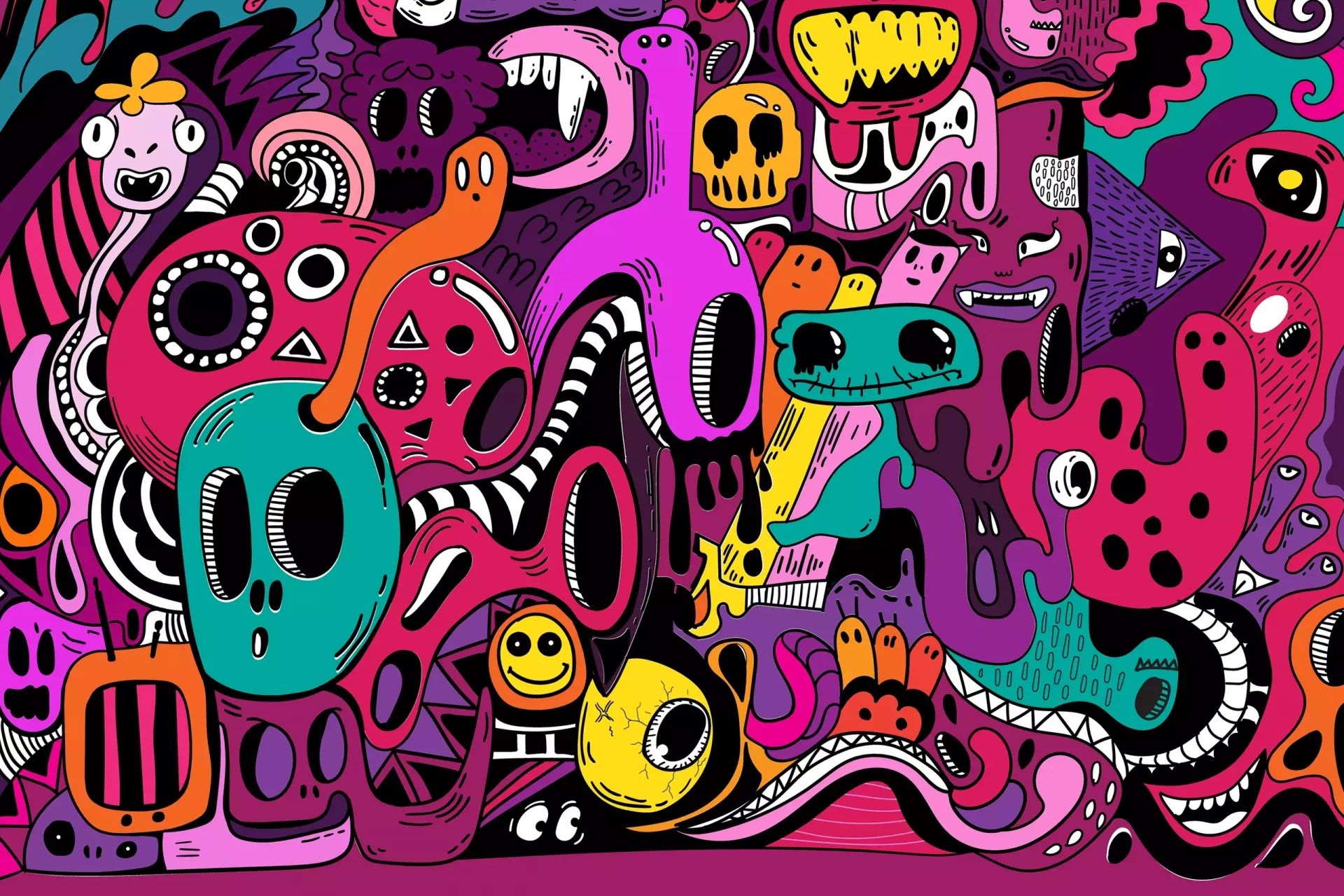The Fascinating Intersection of Genius and Language
Language is a powerful tool that has evolved continuously over the centuries. Among the brilliant individuals who contribute to linguistic innovation, geniuses play a significant role. In this article, we will explore how geniuses shape slang and vocabulary, providing concrete examples and even case studies to illustrate these phenomena.
Understanding Geniuses in Linguistic Context
A genius typically refers to a person with exceptional intellectual or creative power. In the context of language, geniuses are often writers, poets, and thinkers whose unique linguistic contributions have left an indelible mark on how we communicate. Their innovations can redefine cultural discourse or give rise to new forms of slang.
The Evolution of Slang
Slang is informal language that often arises within specific communities. It can be playful, subversive, or reflective of cultural identity. Examples of slang include:
- Cool: Originally a jazz term, it has now become a universal expression of approval.
- Lit: This term signifies something exciting or excellent, often used among younger generations.
- Flex: To show off or flaunt something, commonly used in social media contexts.
Slang is not only shaped by cultural trends but also by the contributions of intellectuals and artists who’ve redefined words or phrases.
Case Studies in Genius and Language
William Shakespeare: The Master of Innovation
William Shakespeare is often hailed as one of the greatest writers in the English language. His works not only introduced a plethora of new words but also created lasting phrases that remain relevant today. For instance, Shakespeare coined terms like:
- Assassination
- Bedazzled
- Fashionable
His inventive use of language not only enriched the English vocabulary but also enhanced potential means of expression, encouraging subsequent generations of writers and speakers to explore language creatively.
Hip-Hop and Evolving Slang
The hip-hop culture has produced a significant amount of innovative slang, with artists often acting as cultural geniuses. Words and phrases emerge from this community that quickly become mainstream, demonstrating the social power of language. For example:
- Bling: Originally coined by hip-hop artists, it refers to flashy jewelry and has entered the general lexicon.
- Dope: While originally a term for drugs, it has transformed into a term expressing something excellent or exciting.
The rapid spread of these words across social media platforms illustrates how quickly language can evolve, primarily driven by influential figures and communities.
Statistics on Slang Usage
Understanding the impact of slang on language requires an exploration of its prevalence. According to a survey conducted by the Pew Research Center in 2022:
- Over 70% of teenagers reported using slang regularly in their conversations.
- 58% of young adults believe that slang enriches communication.
- 45% of respondents acknowledged that they learned new slang terms primarily through social media.
These statistics underline the evolution of language and its interconnectedness with cultural influencers.
The Role of Technology in Shaping Language
In today’s digital age, technology plays a crucial role in how language and slang evolve. Platforms like Twitter, TikTok, and Instagram serve as incubators for new terms and phrases. Content creators and influencers—often viewed as modern-day geniuses—contribute to the rapid dissemination of language innovations.
For instance, TikTok has popularized terms like “Sheesh” to express excitement, showcasing how a single video can turn a new slang word into a viral sensation.
Conclusion: The Lasting Impact of Geniuses on Language
From Shakespeare’s poetic mastery to the slang-driven creativity of hip-hop artists, geniuses have continually shaped the evolution of language. Their innovations not only enrich vocabulary but also reflect societal changes and cultural identities. As we advance into an era dominated by technology, we can expect the landscape of slang and language to evolve even further, driven by the influential voices of today’s visionaries.


